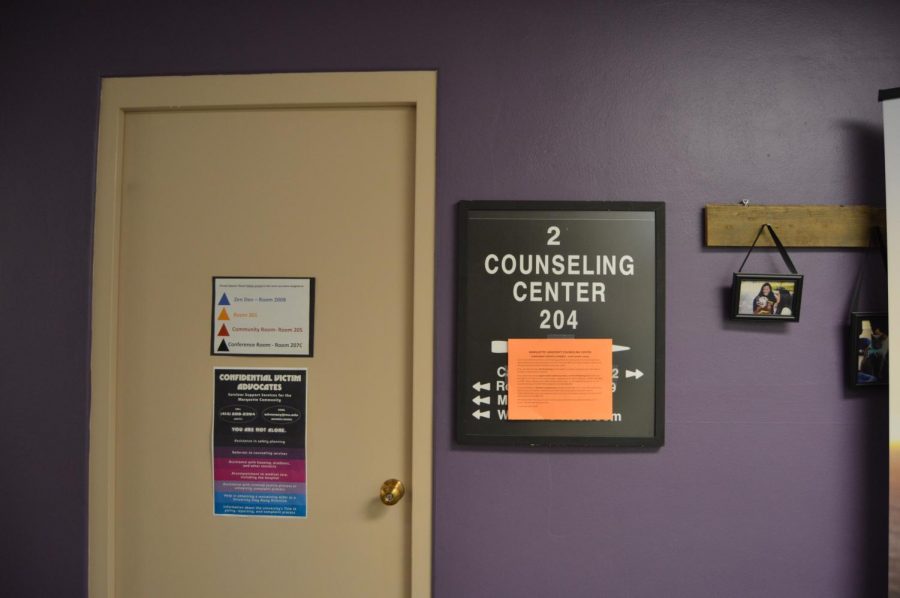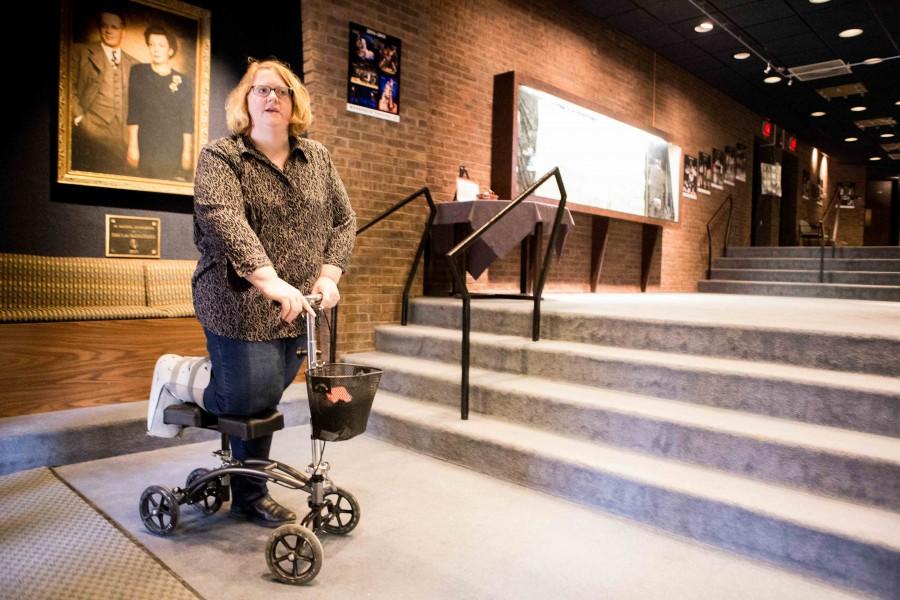Due to the rapid advancement and use of technology, websites have become extremely convenient in our everyday lives. Whether we are looking up information, online shopping or making hotel reservations, these websites have become an integral part of our lives. However, those with visual impairments and other disabilities struggle to have the same opportunities.
Over 70 million people in the United States have a disability, and each one deserves equal treatment and equal access to resources. However, there is not enough effort being made to create an inclusive environment.
The Americans with Disabilities Act “prohibits discrimination against people with disabilities in everyday activities” and “guarantees that people with disabilities have the same opportunities as everyone else.” Websites that do not make their content accessible to those with disabilities are thereby violating this federal civil rights law.
In efforts to push for compliance with the ADA, many plaintiffs are filing tester lawsuits. People with disabilities are rightfully filing lawsuits to remedy ADA violations even if they do not intend to engage with or use the serves of the businesses they are suing.
Melissa McCabe, a blind resident of Racine, Wisconsin, is one of over 100 plaintiffs using tester lawsuits claiming that businesses’ websites are incompatible with screen readers. As she tries to purchase items across different websites, popup displays appear which are not accessible to her.
In the past two years, McCabe has filed over 30 lawsuits, raising suspicion that her actions, along with other plaintiffs’, are profit-motivated.
Derek Pollitt, who is blind, filed a class action lawsuit in New York against Verizon Communications Inc. because the company’s website violated the ADA. He claimed the Verizon website is a completely visual interface that does not utilize available technology to help people with visual impairments, which prevented him from purchasing a product.
Pollitt has filed multiple other lawsuits against different New York-based companies, hoping to enact a much-needed change and also possible financial gain. Many of plaintiffs do not intend to purchase products from the businesses’ websites, but it is important to consider that these lawsuits still produce positive outcomes.
While they may seem opportunistic, these plaintiffs are working towards a more inclusive online world. Even if they are only looking for monetary gain, they are highlighting a major systemic issue that negatively affects people with disabilities. Something as simple as website accessibility is easily overlooked by those of us who are non-disabled.
Web Content Accessibility Guidelines are international standards aimed to make online content more accessible to people with disabilities, but only about 3% of websites fulfill these requirements. Many websites have issues with poor color contrast, alternative text and navigation links.
Businesses can check if their websites are ADA and WCAG compliant through AI services, such as Siteimprove or AudioEye, that evaluate websites and offer summaries about any accessibility issues. Otherwise, they can hire a company to perform an audit or work with a website developer to ensure compatibility with screen readers.
In an ever-growing digital age, it is more important than ever to administer equal opportunity to website accessibility for all. While the steps taken to achieve that goal may seem expedient, they are leading us closer to a world of equality.
This story was written by Rachel Lopera. She can be reached at rachel.lopera@marquette.edu










